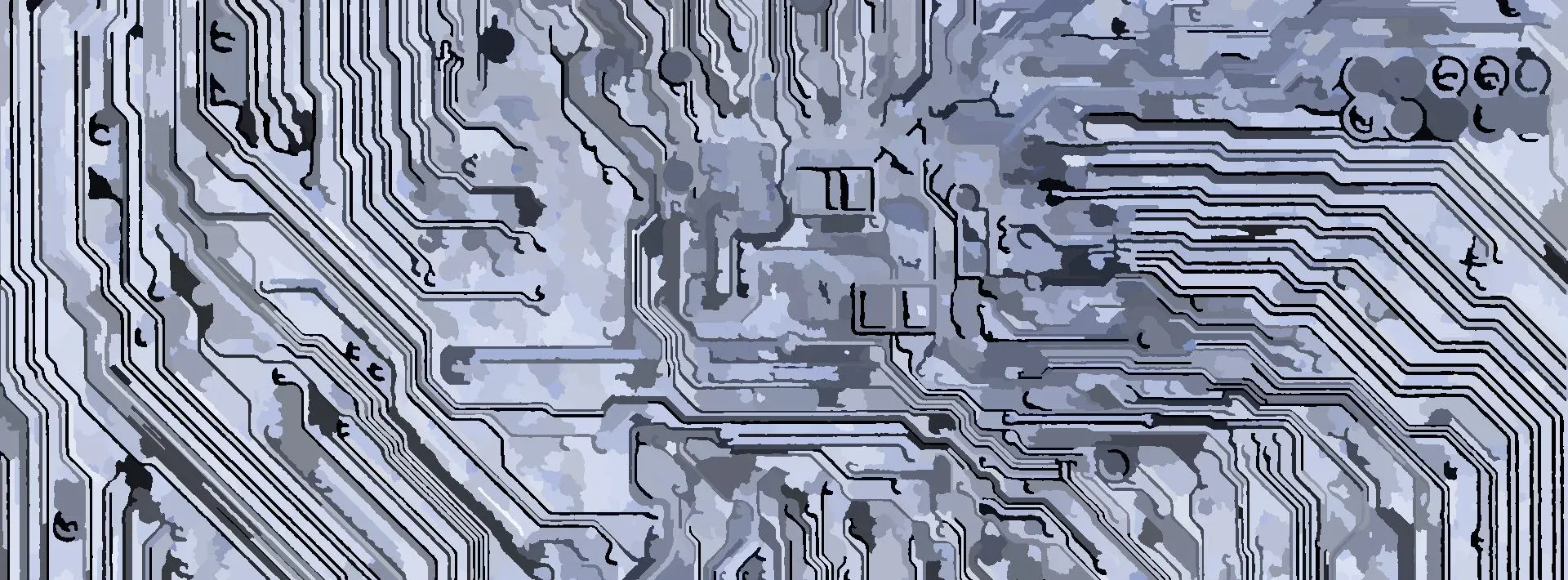What if a company could quickly figure out what route to take for their deliveries that would be most cost-effective? Or an entire city could optimize the flow of traffic in a short amount of time? These things are possible with the use of quantum annealing. In this article, we explore some companies that are not just building quantum annealers, but also exploring the possibilities of their application.
All about Quantum Annealing

A major problem many organizations, individuals and industries alike face are what is known as the optimization problem, which deals with finding the best option from alternatives, given certain constraints or criteria. Physics has found a way to help with this, by presenting these problems in terms of energy optimization. Quantum annealing is a technique that makes use of quantum physics to identify low-energy states of a problem and, as a result, the best or near optimal combination of elements of the problem.
D-Wave
The first company on our list is D-Wave, a leading quantum computing company founded in 1999. The company developed the world’s first commercial quantum annealing machine, operating on a 128-qubit in 2011. The machine features a Quantum Processing Unit. A lattice of small metal loops, each of which is a qubit or a coupler, makes up the D-Wave QPU. These loops become superconductors and display quantum-mechanical phenomena at temperatures below 9.2 kelvin.
“Quantum annealing harnesses the tendency of things in nature to remain in their lowest energy state. Our quantum systems harness quantum mechanics to compute highly complex problems by looking across a vast landscape of solutions very quickly and finding a selection of the best, lowest energy solutions. We do this with superconducting qubits.”
– Alan Baratz, President and CEO at D-Wave Systems Inc.
Lockheed Martin

When it comes to applications, Lockheed Martin is ahead of many of their peers. Using one of D-wave’s quantum annealing machines, Lockheed Martin is able to check through check through millions of lines of code quicker than humanly possible. The company works with new and dated programs and code for the defense technology that they work with, and sometimes finding errors in lines of code from a decade ago takes weeks, even months. However, with D-wave’s systems, that time is drastically reduced.
“It’s a way to take something that you know how to do and evolve it into something that you don’t know how to do.”
– Greg Tallant, head of Lockheed Martin’s Quantum Computation Center (QCC).
Fujitsu
Fujitsu is the next company on our list. The company’s work in quantum annealing differs a bit from that of D-Wave. Fujitsu has been working on the development of a quantum-inspired digital annealer. Fujitsu’s Digital Annealer is a viable alternative to quantum computing, which is now both costly and currently difficult to implement. The Digital Annealer focuses on quickly tackling complicated combinatorial optimization problems without the extra complexity and expenses often associated with quantum computing technologies, thanks to a digital circuit design inspired by quantum processes.
Ford Motor Cars

Ford is another company setting the pace with application of quantum annealing to find the quickest and most efficient ways to solve optimization problems. In July 2018, Ford signed a contract to kick off its use NASA’s Quantum Artificial Intelligence Laboratory’s D-Wave 2000Q quantum annealer to solve some of its optimization problems.
Volkswagen
Volkswagen, the popular automaker is another frontrunner in the application of quantum annealing. An example of this is the company’s use of quantum annealing in finding the optimal flow of traffic in the city of Lisbon.
“We see great potential for quantum computing across our entire business,”
Florian Neukart, Director, Volkswagen Group Data:Lab in Munich.
Volkswagen’s laboratories have been working with companies like D-wave since 2017 to develop solutions for problems in their real-world business. According to the comps, it’s goal is to move from the lab to the factory, not just conducting academic research.
“We want to be leading in showing real-world applications in the mobility space, and I think we’re really pushing the field forward.”
– David Von Dollen, lead data scientist for Volkswagen Group of America.
Annealing, Optimization Everywhere
The problem of optimization is one of the key issues facing every industry, and the quicker these problems are solved, the more cost-effective a company’s process is. In wrapping up, we’ll leave with the example of Lockheed Martin looking for errors in a thirty-year old chunk of code for an F-16 fighter jet which took Lockheed’s top engineers a full six months to pinpoint. The D-Wave machine found it in six weeks. That is the power of quantum annealing.
“One of the things we’re hearing from our customers as we’re deploying some early fleets in cities [is that] they’re not being deployed optimally. That’s a real problem we need to have an answer to. Ultimately, we’ll bring autonomous vehicles and ride services to those cities in a smart way that actually makes the experience in the cities better.”
– Ken Washington, Chief Technology Officer, Ford.

